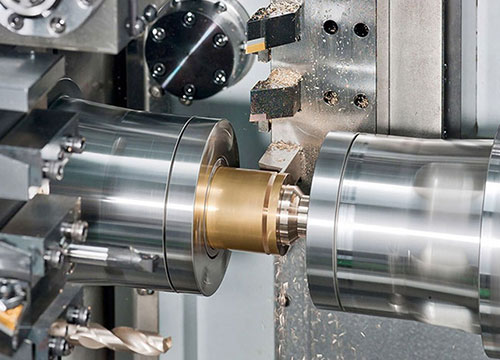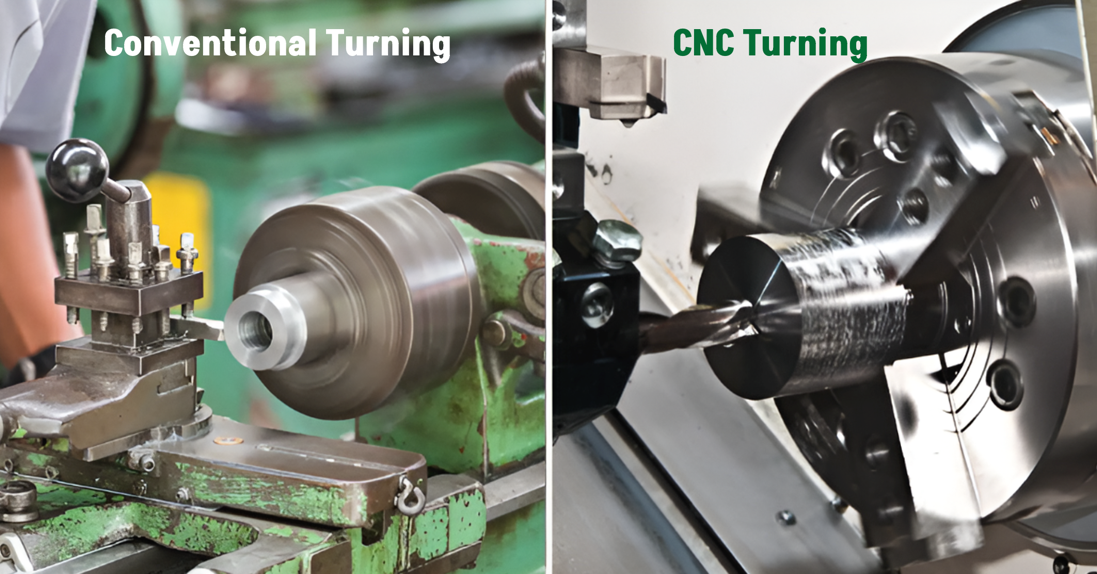This article explores the importance of brass turning services in Egypt, highlighting their role in industries such as electrical, plumbing, automotive, and decorative hardware. It covers CNC and conventional turning techniques, the advantages of different brass alloys, common challenges with solutions, real-world applications, and a case study showcasing faster delivery and high precision.

In modern manufacturing, brass turning plays a vital role in producing precision components used across industries , from electrical connectors to plumbing fittings and decorative hardware. Egypt’s growing industrial sector demands not just standard machining but custom brass manufacturing that combines speed, reliability, and high accuracy.
At Entag, we specialize in CNC brass turning services in Egypt, delivering both small and large-scale production with an emphasis on fast delivery and consistent quality. By leveraging years of expertise and advanced technology, we help clients transform raw brass into precision-machined brass parts ready for performance.
Brass remains one of the most versatile materials for machined parts manufacturing due to its combination of properties:
Whether producing brass fasteners, bushings, or electrical connectors, the material’s adaptability makes it a first choice for engineers.

Discover detailed processes and techniques in custom brass nuts manufacturing through our article.
CNC brass turning enables automated, high-precision machining with repeatable accuracy. It’s ideal for complex designs and high-volume production runs. Benefits include:
While CNC dominates, conventional turning remains relevant for low-quantity orders, prototypes, or simpler parts. It’s often a cost-effective option when high-end automation isn’t required.
In some cases, brass blanks are pre-formed or cast before turning. This hybrid approach reduces machining time, especially for parts with near-net shapes.

👉 Learn more about our CNC Turning Services for a deeper look into our machine capabilities.
Not all brass alloys behave the same:
Selecting the right alloy is as important as the machining method.
Learn more about precision and efficiency with a CNC milling machine in our dedicated guide. also Learn how electronics manufacturing enables efficient production of high-quality electronic components and devices.
Applications of Brass Turning in Egypt
Brass turning services play a crucial role in multiple sectors:
Common Challenges in Brass Turning (and How We Solve Them)
Even with its excellent machinability, brass turning has challenges:
By anticipating these problems, Entag ensures consistent quality and reduced costs.
Case Study: Faster Lead Times with CNC Brass Turning
A client in the electrical components industry required 10,000 precision brass connectors with short delivery deadlines. Using traditional methods, production times were long, and quality varied.
By switching to CNC brass turning at Entag, we:
This not only improved their production schedule but also reduced costs linked to rework and scrap.
Quality Control and Inspection
Batch sampling for large quantities was used to inspect brass parts,
Practical Tips for Buyers and Engineers
Industry Trends in Brass Machining
FAQ – Brass Turning in Egypt
Q1: What’s the minimum order quantity for custom brass parts?
We handle both low-volume prototypes and high-volume runs, depending on customer needs.
Q2: How fast can Entag deliver brass components?
Lead times vary by part complexity, but CNC automation enables fast delivery, often faster than international suppliers.
Q3: Do you provide finishing services for brass parts?
Yes , polishing, plating, and coating options are available.
Q4: Can you reverse engineer existing brass parts?
Absolutely, using 3D scanning and CNC turning to replicate or improve existing designs.
Conclusion
Brass turning services in Egypt are essential for industries requiring durable, precise, and corrosion-resistant components. At Entag, we combine CNC brass turning, strict quality control, and decades of expertise to deliver machined brass parts that meet the highest international standards.
Whether you need custom brass manufacturing for a prototype or bulk production of electrical brass components, Entag guarantees accuracy, speed, and reliability.
